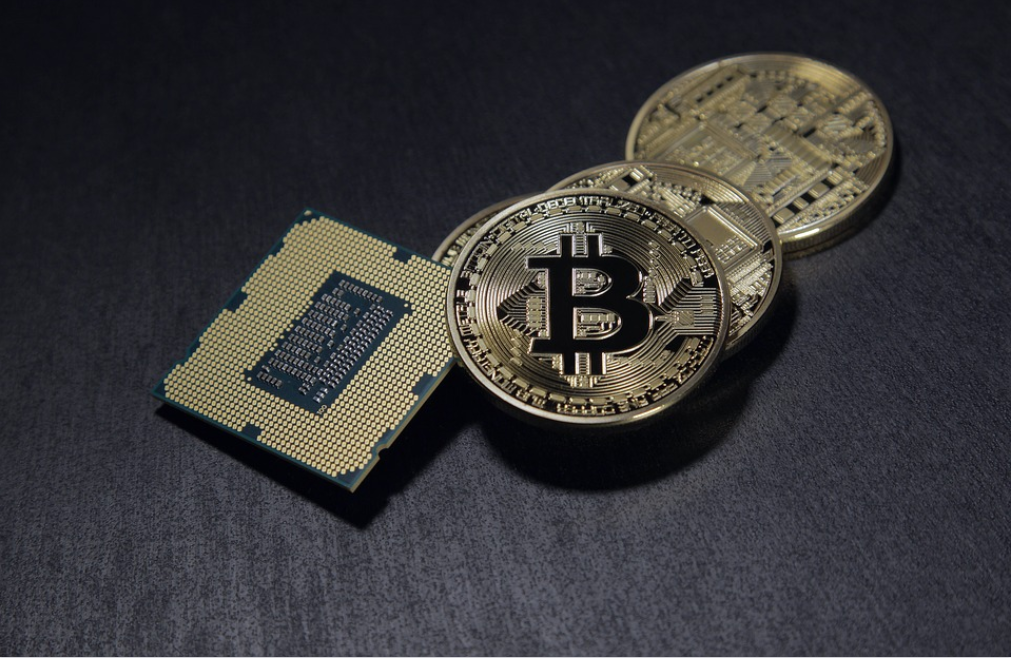What is an Initial Coin Offering (ICO)? An ICO is a way for a company to raise money by issuing cryptocurrency tokens. These tokens can be used to finance the growth of the company and can be exchanged for other cryptocurrencies or fiat currency. In this article, we will discuss how companies can use ICOs to raise money and some benefits and risks associated with this new form of financing.
Ways On How Can A Company Use An ICO To Raise Money?
An ICO can be used to finance the growth of a company in some ways. Here are five examples:
To fund research and development
A company can issue tokens that can be used to purchase goods and services from the company. The funds raised can then be used to finance research and development projects.
To build a community
A company can use an ICO to engage with potential customers and build a community around its product or service. The funds raised can be used to create marketing materials, pay for advertising, or subsidize the cost of events.
To launch a new product or service
ICO can be used to raise money to launch a new product or service. The funds raised can be used to finance the development of the product or service, pay for marketing and advertising, or subsidize the cost of launching the product or service.
To expand into new markets
A company can raise money to expand into new markets. The funds raised can be used to finance the expansion of the company’s operations, pay for marketing and advertising, or subsidize the cost of entering new markets.
Benefits Of Using An ICO To Finance Growth?
There are several benefits associated with using an ICO to finance growth. Here are seven examples:

- It is a fast and efficient way to raise capital: An ICO can be completed in a matter of weeks, whereas traditional methods of financing, such as venture capital or initial public offerings, can take months or even years.
- It allows companies to access a global pool of investors: An ICO provides companies with access to a global pool of potential investors. This is because anyone with an internet connection can participate in an ICO.
- It is a flexible form of financing: Companies can tailor their ICOs to fit their specific needs and goals. For example, a company may choose to issue tokens that can be exchanged for other cryptocurrencies or fiat currency.
- It helps companies avoid dilution: ICOs help companies avoid dilution by allowing them to issue a fixed number of tokens. This is in contrast to equity financing, which typically results in the dilution of shareholders’ ownership stake in the company.
- It aligns incentives between investors and the company: ICO investors are typically motivated by the potential for profits, as they hope to sell their tokens at a higher price than they paid for them. This alignment of incentives between investors and the company helps to ensure that both parties are working towards achieving success.
- It provides a liquid market for tokens: The secondary market for ICO tokens is typically very liquid, which means that tokens can be easily bought and sold. This liquidity can help to support the growth of a company by providing a source of capital that can be used to finance expansion or acquisitions.
- It is a regulatory-compliant way to raise capital: ICOs are subject to few regulations, which makes them an attractive option for companies looking to raise capital quickly and efficiently. However, it is important to note that this lack of regulation also comes with some risks. These risks will be discussed in more detail below.
Main Types Of Risk Associated With Initial Coin Offerings
Initial Coin Offerings (ICOs) are associated with some risks, including legal, financial, and reputational risks.
Legal risk
ICOs are subject to few regulations, which makes them a relatively new and untested method of raising capital. This lack of regulation carries with it the risk of fraud or scams. Additionally, there is the risk that regulatory bodies will impose stricter regulations on ICOs in the future, which could adversely affect companies that have raised money through this method.
Financial risk
ICOs involve a high degree of financial risk, as there is no guarantee that the money raised will be used in a way that will generate returns for investors. Additionally, there is the risk that the value of the tokens issued will decrease over time, which could lead to losses for investors.
Reputational risk
ICOs also carry the risk of damaging a company’s reputation, as they are often associated with scams and fraud. This could lead to a loss of confidence from both investors and customers, which could ultimately hurt the company’s bottom line.
Tips For Companies Considering An Initial Coin Offering
If you’re considering an Initial Coin Offering (ICO), there are a few things you should keep in mind:
- Make sure you have a solid business plan: Before you launch your ICO, make sure you have a well-developed business plan. This will help to ensure that your ICO is successful and that the funds raised are used in a way that supports your company’s growth.
- Choose your platform carefully: There are several different platforms available for launching an ICO. Choose one that is well-established and has a good reputation.
- Make sure you comply with all applicable regulations: As mentioned above, ICOs are subject to a few regulations. However, it is still important to make sure that you comply with all applicable laws and regulations in your jurisdiction.
- Be prepared for the possibility of failure: No matter how well you plan and prepare, there is always the possibility that your ICO will not be successful. Be prepared for this possibility by having a backup plan in place. This could include traditional equity financing or other sources of capital.
How Can Investors Protect Themselves From Scams And Fraudulent Activities In The ICO Market?”
There are many ways that investors can protect themselves from scams and fraudulent activities in the ICO market:
Do your research
Before investing in an ICO, make sure to do your research. This includes reading up on the company, its team, and its business model. You should also check out reviews from other investors to get a sense of whether or not the ICO is legitimate.
Invest only what you can afford to lose
ICOs are a high-risk investment, so you should only invest money that you can afford to lose. This way, if the ICO does turn out to be a scam, you won’t be left financially ruined.
Be cautious of promises of guaranteed returns
Any company that promises guaranteed returns on your investment is likely to be a scam. There are no guarantees in the ICO market, so beware of any company that makes such promises.
Avoid investing in anonymous ICOs
If an ICO is anonymous, it should be avoided. This is because it can be difficult to track down the people behind the project if something goes wrong. It is always best to invest in ICOs where you know who the team is and what their experience is.

Red Flags That Investors Should Look Out For When Considering An ICO
Some red flags that investors should look out for when considering an ICO include:
- Lack of a business plan: Make sure that the ICO you’re considering has a well-developed business plan. Otherwise, likely, the funds raised will not be used in a way that supports the company’s growth.
- Non-compliance with regulations: Be sure to check that the ICO you’re considering is compliant with all applicable laws and regulations. Otherwise, you could be at risk of losing your investment.
Related Posts:




























Comment Template